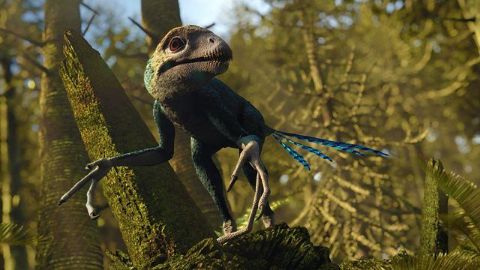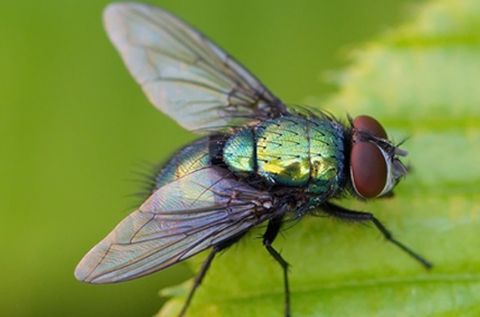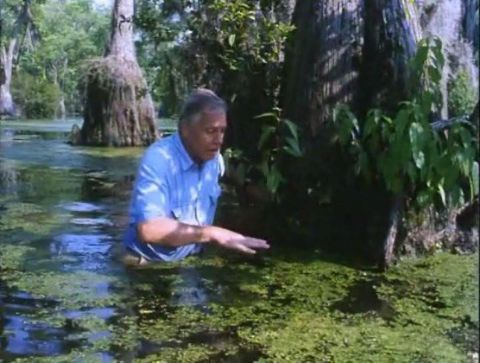Fantastic Beasts: A Natural History • 2022
Stephen Fry embarks on a fascinating journey to discover the stories behind some of the world's most fantastic beasts. Mythical creatures have fascinated us for thousands of years, but why are we still captivated by these mythological beasts, even in this modern age of science and technology? With the help of scientists, historians, writers and film-makers, Stephen finds out why the world of magical animals is more popular today than ever before. By digging for dragons, meeting distant relatives of the unicorn or swimming with an unlikely inspiration for mermaids, Stephen uncovers the secrets behind some of our best-loved mythical creatures, and reveals the real-life beasts that have inspired some of the greatest legends in history, from rhinos to narwhals, vervet monkeys to manatees.
Make a donation
Buy a brother a hot coffee? Or a cold beer?
Hope you're finding these documentaries fascinating and eye-opening. It's just me, working hard behind the scenes to bring you this enriching content.
Running and maintaining a website like this takes time and resources. That's why I'm reaching out to you. If you appreciate what I do and would like to support my efforts, would you consider "buying me a coffee"?
Donation addresses
BTC: bc1q8ldskxh4x9qnddhcrgcun8rtvddeldm2a07r2v
ETH: 0x5CCAAA1afc5c5D814129d99277dDb5A979672116
With your donation through , you can show your appreciation and help me keep this project going. Every contribution, no matter how small, makes a significant impact. It goes directly towards covering server costs.





